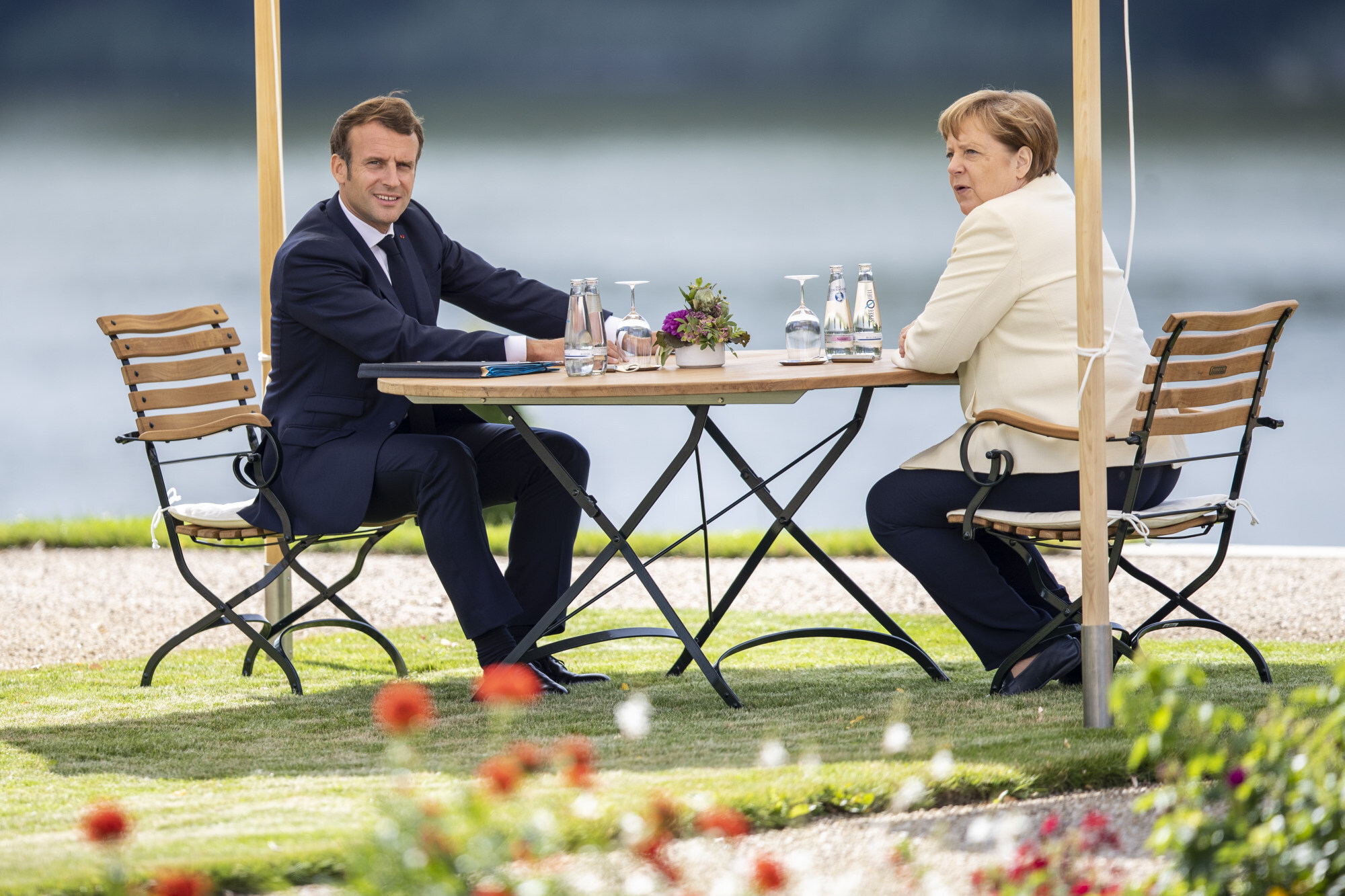
Why Le Pen’s ‘France first’ populism threatens the nation, Nato and Europe
- Le Pen promises voters simple solutions to highly complicated issues, and her victory would have far-ranging repercussions
- As president, she would enact her version of Trumpism, threaten the Franco-Germany partnership and add France to the list of nations seeking to undermine the EU
The pandemic has exposed France’s structural problems. Le Pen promises voters simple solutions to highly complicated issues, and her chances of winning are better than they were five years ago.
During her previous campaign, she called for France to leave the European Union and the Schengen area and for a return to the franc. She now appears somewhat less extreme, but one look at her vision for France shows that her presidency would have a huge impact.
For one, Le Pen is not shy to emphasise that she seeks to transform the EU into a loose alliance of European nations – even if, as is usual with populists, she has yet to provide details of exactly how her plan could be achieved. She would also cut France’s contribution to the EU budget and has already announced her intent to withdraw from the EU’s “Green Deal”.
Moreover, Le Pen seeks to implement her own version of Trumpism. Her manifesto calls for putting French law above European law and enshrining “national priority” in the French constitution, whereby the French will be given preference over foreigners in access to jobs, social housing and social assistance. Various government support funds would be reserved exclusively for the French.
One does not have to have studied European law to realise that such discrimination would violate the EU’s foundational treaties and inevitably lead to France being drawn into fundamental legal disputes with the European Court of Justice.
Berlin and Paris have repeatedly led the way in times of crisis. In recent years, many reforms in Brussels were only implemented through close coordination between the two. A Le Pen victory would call into question the Franco-German tandem.

Moreover, the common European position in the Ukraine war would also face an uncertain future. Le Pen and her colleagues in the European Parliament have always opposed sanctions against Russia. During this year’s election campaign, she has said Putin could become an ally of France if the war ended. The people of Bucha in Ukraine and every democrat in Europe would beg to differ.
This election truly matters. A Le Pen victory would strain the EU’s unity, break its cohesion and diminish its international relevance.
In times of uncertainty and war on the European continent, stability and responsible politics are required more than ever. Populism is never a valid answer, but it is now more than a mere nuisance to democracy’s foundations and values. It is a genuine threat to Europe, Nato and France itself.
Thomas O. Falk is a UK-based independent journalist and political analyst


